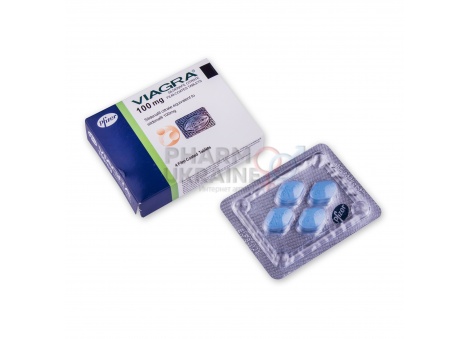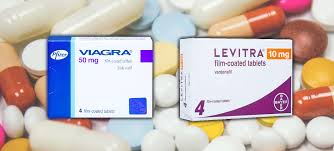
Understanding and Combating Fungal Infections: Protiv Gljivica
Fungal infections are a common health issue that can affect various parts of the body. They can range from mild irritations to serious conditions that may require medical intervention. In this article, we’ll explore the types of fungal infections, their causes, symptoms, and effective treatments, as well as some preventive measures. For more detailed information, you can visit Protiv Gljivica https://zdravilijek.com/protiv-gljivica/.
Types of Fungal Infections
The human body is susceptible to a variety of fungal infections. Here are the most common types:
- Dermatophyte Infections: These affect the skin, hair, and nails. Common examples include athlete’s foot, ringworm, and nail fungus.
- Candidiasis: Caused by the Candida yeast, this infection can occur in various parts of the body, including the mouth (thrush), vagina, and skin folds.
- Systemic Fungal Infections: These are less common but can be severe, affecting internal organs. Examples include histoplasmosis and cryptococcosis.
Causes of Fungal Infections
Fungal infections can arise from various factors, including:
- Overgrowth of Fungi: Factors such as a weakened immune system, antibiotic use, or diabetes can lead to the overgrowth of fungi.
- Environmental Factors: Humidity, warm weather, and certain occupations can increase exposure to fungi.
- Personal Hygiene: Poor hygiene practices can also contribute to the development of fungal infections.

Symptoms of Fungal Infections
The symptoms of a fungal infection can vary widely based on the type and location of the infection. Common symptoms include:
- Skin Rashes: Red, itchy patches that may be scaly or blistered.
- Nail Changes: Discoloration, thickening, and potential crumbling of the nails.
- Oral and Vaginal Discomfort: Symptoms may include itching, burning, and unusual discharge.
Treatment Methods for Fungal Infections: Protiv Gljivica
Effective treatment for fungal infections can include both medical and natural remedies. Here are some methods:
Medical Treatments
Antifungal medications are the primary treatment for fungal infections. They can be classified into:
- Topical Antifungals: Creams or ointments applied directly to the infected area. Examples include clotrimazole and terbinafine.
- Oral Antifungals: Pills prescribed for more severe cases. Fluconazole and itraconazole are commonly used.

Natural Remedies
Many people prefer natural remedies to complement medical treatments. Some effective natural options include:
- Tea Tree Oil: Known for its antifungal properties, tea tree oil can be diluted with a carrier oil and applied to the affected area.
- Garlic: The antifungal compounds in garlic can help combat infections. Incorporating garlic into your diet or applying garlic extracts may be beneficial.
- Coconut Oil: This oil has antifungal properties and can be applied directly to the skin.
Preventive Measures
Preventing fungal infections is often easier than treating them. Here are some effective preventive measures:
- Maintain Good Hygiene: Regular washing and drying of the body, especially in warm and humid areas, can prevent fungal growth.
- Wear Breathable Clothing: Fabrics like cotton allow your skin to breathe and reduce moisture accumulation.
- Avoid Sharing Personal Items: Items such as towels, shoes, and nail clippers can transmit fungal infections.
- Strengthen Your Immune System: A balanced diet, regular exercise, and adequate sleep can help keep your immune system strong.
When to See a Doctor
If you experience symptoms of a fungal infection that persist or worsen despite home remedies, it is essential to consult a healthcare professional. Early diagnosis and appropriate treatment are crucial to avoid complications.
Conclusion
In summary, combatting fungal infections, or Protiv Gljivica, involves understanding the types of infections, their causes, and effective treatments. Whether you opt for medical treatments or natural remedies, the key is to be proactive about your health and seek help when necessary. By following preventive measures, you can reduce your risk of developing fungal infections and maintain good health.